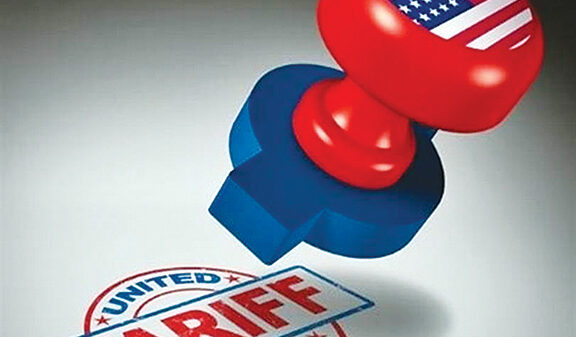With the aim of advancing circularity in the automotive industry, the BMW Group has undertaken important groundwork in the recycling of vehicles at the end of their useful life. For 30 years, the BMW Group’s Recycling and Dismantling Centre (RDC) has been developing and testing processes to achieve significant advances in the recycling of parts and reusable materials. The expertise gained at the RDC is shared with a global network in the recycling industry and helps to promote the establishment of a circular economy in the automotive industry. It also feeds into the BMW Group’s product design process, ensuring that a new model’s recyclability is considered from the outset.
Each year, the RDC recycles several thousand vehicles, most of which are pre-series vehicles that have been used for testing and cannot be sold to end customers. These are dismantled using a standardized process that focuses on identifying reusable series components and materials suitable for recycling.
The targeted dismantling of metals ensures that today’s scrap becomes tomorrow’s raw material – to the greatest possible extent and in the best possible quality. This is not only important from an environmental point of view, but also from a financial one: just like copper, metals used in the powertrain generate particularly high revenues. Separate dismantling of the catalytic converter is also economically efficient because of the valuable precious metals it contains.








